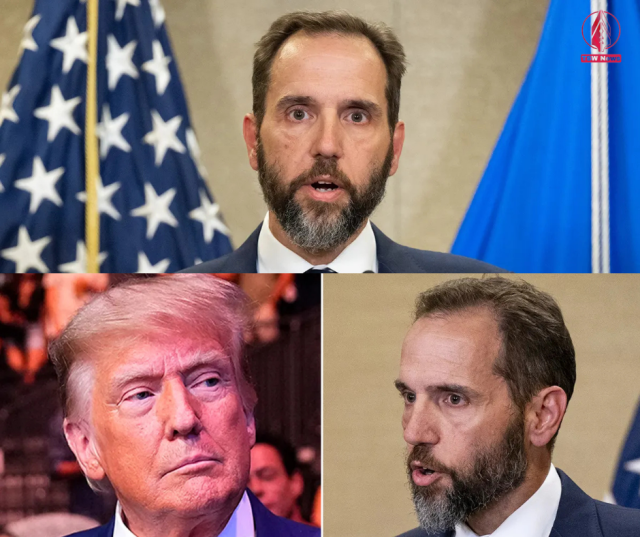Álvaro Uribe Sentenced to 12 Years House Arrest in Historic Colombian Ruling
- Posted on August 2, 2025
- Trending News
- By Arijit Dutta
- 364 Views
Former Colombian President Álvaro Uribe has been sentenced to 12 years under house arrest for witness tampering and fraud. The historic ruling makes him the first ex-leader to be criminally convicted. Despite the verdict, Uribe maintains his innocence and has vowed to appeal, calling the charges politically motivated.

In a landmark legal decision, Colombia’s former president Álvaro Uribe has been sentenced to 12 years of house arrest after being convicted of witness tampering and fraud. The 73-year-old is the first former president in the nation’s history to be criminally convicted, marking a dramatic turn in the country’s political landscape.
Uribe, who led Colombia from 2002 to 2010, was also fined $578,000 and barred from holding public office. The charges stem from a long-running case in which prosecutors alleged that his legal team attempted to bribe jailed paramilitaries into testifying in his favour. Despite his conviction, Uribe continues to assert his innocence and has vowed to appeal, calling the case a politically motivated attack against the democratic opposition.
The trial revolved around testimonies from former paramilitary members who claimed that Uribe’s lawyer, Diego Cadena, offered them payments to change their accounts. Cadena, who also faces charges, denies wrongdoing.
Outside the courthouse in Bogotá, a small group of Uribe loyalists rallied in support, holding signs and wearing masks of his face. Meanwhile, the case has drawn international attention. U.S. Secretary of State Marco Rubio criticised the verdict, alleging judicial overreach and calling Uribe a patriot wrongfully punished for defending his country.
Uribe remains a polarising figure in Colombia. He is widely credited with a tough stance against the left-wing Farc guerrillas, earning favour in Washington. Yet his critics argue that his policies entrenched social inequality and overlooked deep-rooted poverty.
Also Read: Gulf States Invest Billions in AI to Secure Post-Oil Future
The conflict between paramilitaries, rebels, and the state has left a lasting legacy of violence. Though a peace deal was signed with Farc in 2016, Colombia continues to grapple with instability, especially in rural and drug-trafficking regions—problems that were left unresolved during Uribe’s presidency.




